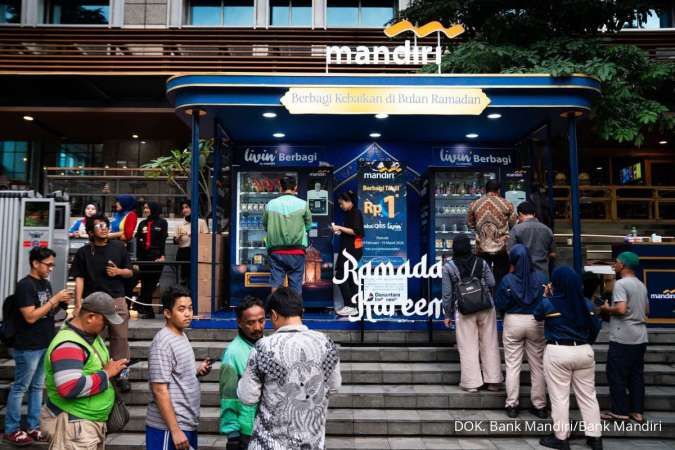JAKARTA. The deputy governor of Jakarta, Basuki “Ahok” Tjahaja Purnama, has urged the Corruption Eradication Commission (KPK) not only to verify the wealth of successful candidates for public office but also to examine how they achieved their wealthThe 1999 Corruption Law requires all successful candidates for public office, including those of governor, regent and mayor, as well as legislative and regional representatives, to submit wealth reports before starting their new state jobs.The former East Belitung regent said the KPK should also investigate whether or not the candidates had paid their taxes in accordance with the law.“If they cannot confirm the legitimacy of their wealth, they should not be allowed to take up public office.He said that since entering the reform era, the competition among those contending for state jobs had been getting ever fiercer but the use of funds gained from illicit practices in political campaigns should be minimized to allow candidates to compete fairly.“It is not fair to have corrupt candidates compete against honest candidates. The people in general earn US$2 a day, if a corrupt regent candidate is able to pay Rp 50,000 [$4.25] per vote, he or she will win the election easily,” he said.
KPK urged to probe wealth of candidates
JAKARTA. The deputy governor of Jakarta, Basuki “Ahok” Tjahaja Purnama, has urged the Corruption Eradication Commission (KPK) not only to verify the wealth of successful candidates for public office but also to examine how they achieved their wealthThe 1999 Corruption Law requires all successful candidates for public office, including those of governor, regent and mayor, as well as legislative and regional representatives, to submit wealth reports before starting their new state jobs.The former East Belitung regent said the KPK should also investigate whether or not the candidates had paid their taxes in accordance with the law.“If they cannot confirm the legitimacy of their wealth, they should not be allowed to take up public office.He said that since entering the reform era, the competition among those contending for state jobs had been getting ever fiercer but the use of funds gained from illicit practices in political campaigns should be minimized to allow candidates to compete fairly.“It is not fair to have corrupt candidates compete against honest candidates. The people in general earn US$2 a day, if a corrupt regent candidate is able to pay Rp 50,000 [$4.25] per vote, he or she will win the election easily,” he said.

